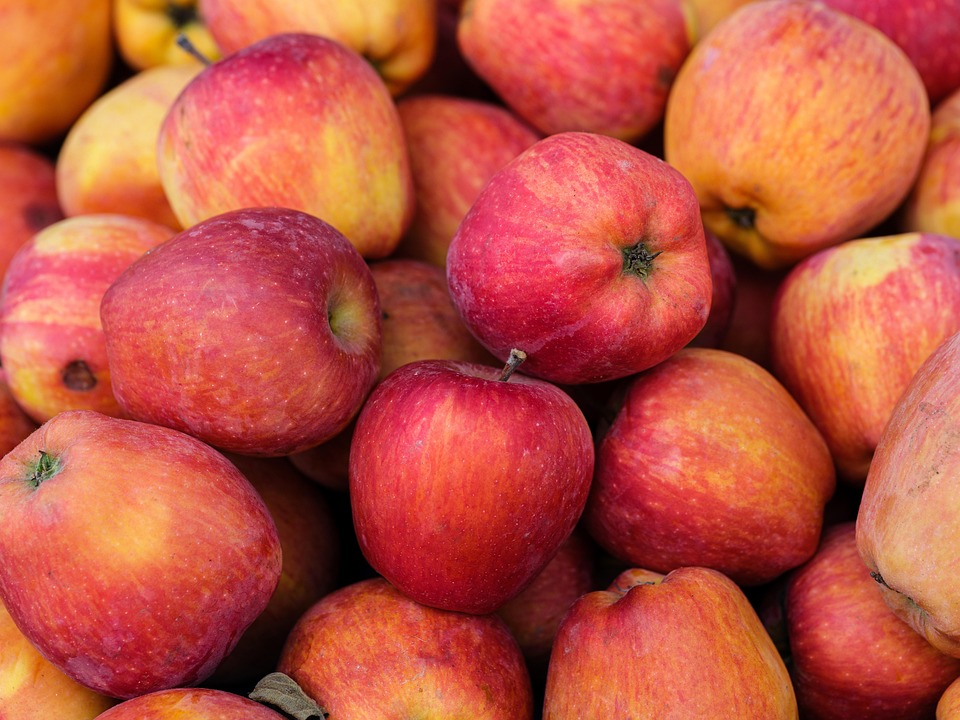The Multifaceted Power of Organic Food
In recent years, the demand for organic food has surged dramatically, fueled by a growing awareness of health, environmental sustainability, and ethical consumption. Consumers are increasingly turning to organic products, not only for their purported health benefits but also for a holistic approach to nutrition and wellness. This article explores the multifaceted power of organic food and how it can elevate your nutritional intake and overall well-being.
What is Organic Food?
Organic food refers to agricultural products that are grown and processed without the use of synthetic fertilizers, pesticides, herbicides, antibiotics, or genetically modified organisms (GMOs). In the United States, organic certification is regulated by the U.S. Department of Agriculture (USDA), which ensures that farms meet specific criteria for growing and handling organic products. As a result, consumers can trust that their organic food is produced according to strict standards that promote environmental health and sustainability.
Nutritional Benefits of Organic Food
-
Higher Nutrient Content: Studies have shown that organic produce can contain higher levels of certain nutrients, including antioxidants, vitamins, and minerals, compared to conventionally grown counterparts. Antioxidants, in particular, play a crucial role in protecting the body from oxidative stress and inflammation, contributing to a higher quality of nutrition.
-
Reduced Chemical Exposure: By choosing organic food, you significantly decrease your exposure to harmful chemicals and pesticides often used in conventional farming practices. This reduction in chemical ingestion can be crucial, especially for children whose developing bodies are more susceptible to toxins.
- Better Taste and Freshness: Many people who switch to organic food report that it tastes better. This is partly because organic fruits and vegetables are often grown in healthier soils, picked at peak ripeness, and sold more quickly than their non-organic counterparts, leading to superior flavor and freshness.
Impact on Wellness
-
Improved Gut Health: Many organic foods are richer in beneficial probiotics and fibers that promote gut health. A healthy gut is linked to improved digestion, better absorption of nutrients, and a stronger immune system.
-
Mental Health Benefits: The connection between diet and mental health has become increasingly clear. Consuming organic foods may help reduce symptoms of anxiety and depression. Whole, unprocessed foods rich in omega-3 fatty acids, antioxidants, and other mood-boosting nutrients nourish the brain and support cognitive function.
-
Sustainable and Ethical Eating: Organic farming practices are typically more sustainable and environmentally friendly than conventional farming. They emphasize biodiversity, soil health, and animal welfare. By choosing organic, you contribute to a food system that reduces the ecological footprint, supports local farmers, and fosters humane treatment of animals. This ethical consideration can enhance your sense of well-being and connection to the food you eat.
- Hormonal Balance: Many conventional products contain synthetic hormones or additives that can disrupt hormonal balance in the body. Organic foods, free from these chemicals, can contribute to better reproductive health and overall hormone regulation.
Practical Tips for Incorporating Organic Food
-
Start Small: If you’re new to organic foods, begin by incorporating organic versions of key items you consume regularly, like fruits and vegetables, dairy, and meat. This approach can ease the transition and allow you to gradually explore more organic options.
-
Shop Locally: Consider visiting local farmers’ markets or community-supported agriculture (CSA) programs. Buying directly from producers can often yield fresher organic options at competitive prices.
-
Educate Yourself: Familiarize yourself with the benefits of organic foods and look for certifications when shopping. Understanding the differences between organic and conventional products will help you make informed choices.
- Grow Your Own: If you have the space and interest, consider starting your own organic garden. Growing your own fruits, vegetables, and herbs can be a rewarding way to engage with your food and ensure that it is organic.
Conclusion
The power of organic food is vast and impactful. Elevating your nutrition and wellness through organic choices can enhance your physical and mental health while also benefiting the environment. As we continue to learn about the profound connections between what we eat and how we feel, organic food stands out as a compelling option for those seeking a healthier, more mindful lifestyle. Embrace the organic journey and witness the positive transformations that unfold in your life.1
































Add Comment